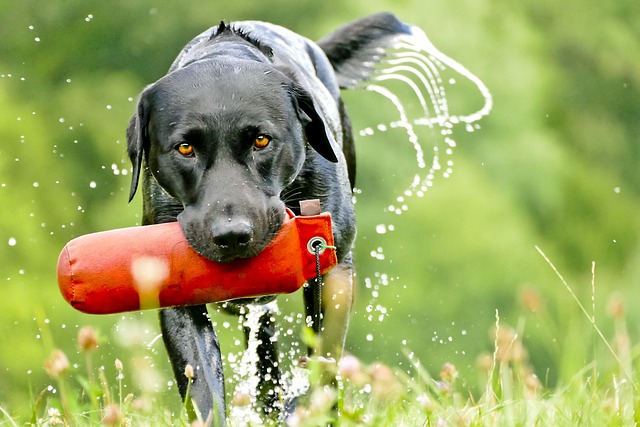
How do i train my dog to be obedient?
Watching your dog dart across the park ignoring your calls isn’t just frustrating—it can put them at risk near busy streets or public spaces.
Bringing home a new puppy is a whirlwind of joy and chaos. From chewing your favorite shoes to ignoring your calls, it might feel like your furry bundle of energy will never listen. But as a new dog owner in the U.S., you’re probably wondering: At what age do puppies start obeying? The answer isn’t as straightforward as you’d think, but understanding the process can set you and your pup up for success.
Puppies’ brains develop at a rapid pace, but their ability to obey commands depends on multiple factors. Between 8 - 12 weeks old, puppies are in a prime socialization period, learning about the world around them. However, their attention span is short, and they’re driven more by curiosity than obedience. As they grow, around 12 - 16 weeks, their cognitive abilities improve, and they can start grasping basic commands. It’s important to note that breed also plays a role—intelligent working breeds like Border Collies might catch on faster than some small, independent breeds. Think of it like teaching a child to read; each puppy has its own learning curve.
To encourage obedience, start with simple commands like “sit” and “come.” Use high - value treats, such as small pieces of cooked chicken or cheese, and keep training sessions short, around 5 - 10 minutes, to hold their attention. For example, when teaching “sit,” gently press down on their hindquarters while saying the command, and reward them the instant their bottom touches the ground. Gradually phase out treats, replacing them with praise and occasional rewards to maintain their interest. Consistency is key—if you let your puppy get away with not sitting before meals one day, they’ll expect the same every time.

In the U.S., there are important aspects to keep in mind while training your puppy. First, ensure your puppy’s vaccinations are up - to - date. Rabies vaccines are required by law in all states for dogs over a certain age, and a healthy puppy is better able to focus on training. When out in public, always clean up after your puppy—leaving waste can result in fines of up to $250 in some cities. In apartments, be mindful of noise during training. If your puppy barks excessively, try to train at times that won’t disturb neighbors. And remember, physical punishment is not only ineffective but also illegal in many areas. Positive reinforcement, like treats and belly rubs, builds trust and makes training enjoyable for both you and your puppy.
When walking your puppy in the community, follow leash laws (most areas require a 6 - foot leash) and keep them under control. If your puppy doesn’t obey commands around distractions, don’t force interactions with other dogs or people. Instead, work on building their obedience in less stimulating environments first.
With patience, consistency, and positive training methods, most puppies start showing signs of obedience by 4 - 6 months old. It’s a journey, but watching your puppy grow into a well - behaved companion makes every training session worth it.

Watching your dog dart across the park ignoring your calls isn’t just frustrating—it can put them at risk near busy streets or public spaces.

New puppy owners often find themselves rushing to clean up accidents before they set in, and that’s where puppy pad training becomes a game-changer.

If you've noticed your dog's waistline disappearing and your veterinarian has mentioned those few extra pounds, your first instinct might be to simply reduce the amount of food in their bowl.

Training a dog to use a designated spot indoors isn’t as daunting as many new owners fear, but it does take consistency and an understanding of your pet’s needs.

That moment of dread on a walk is all too familiar for many new dog owners. You see another dog approaching down the sidewalk of your neighborhood

If the sight of another dog on your neighborhood walk makes your heart sink as your own dog erupts into a frenzy of barking and lunging, you're not alone.